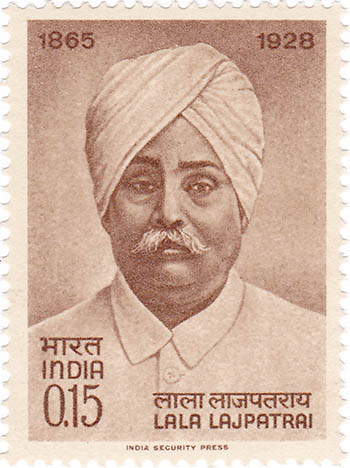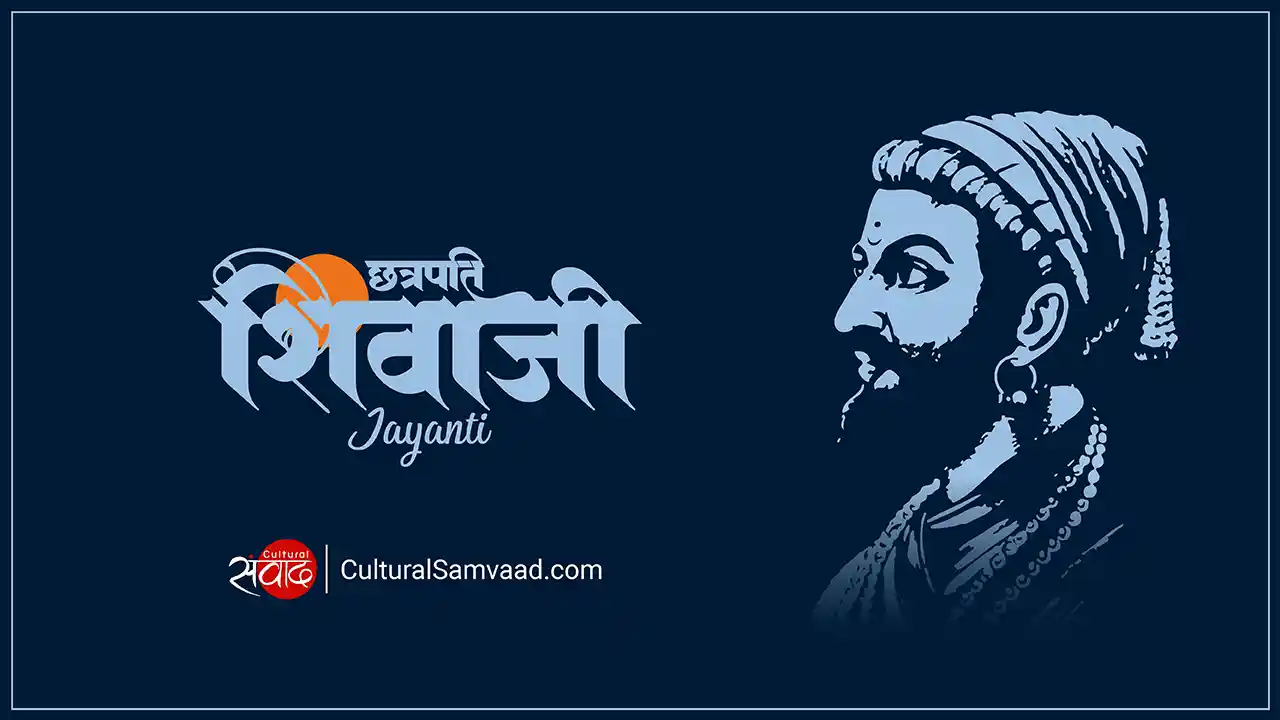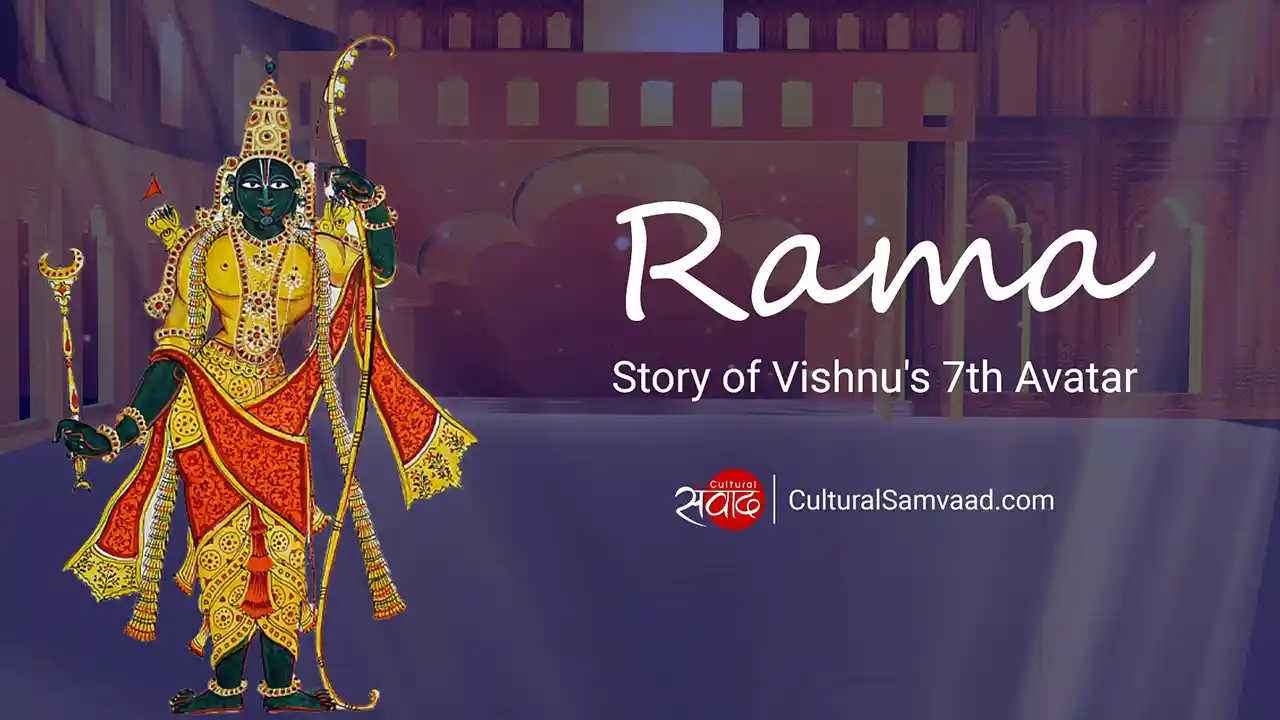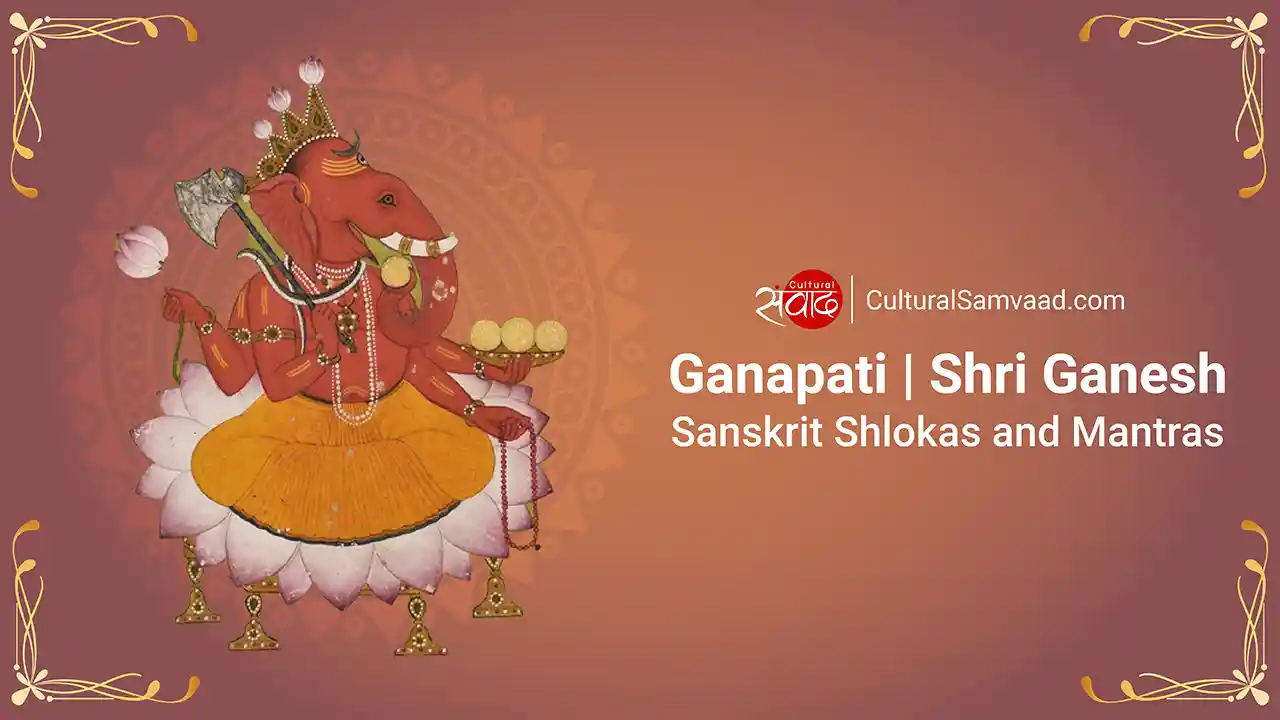Lala Lajpat Rai (28 January 1865 – 17 November 1928) or ‘Punjab Kesari’ as he was referred to, was one of India’s greatest freedom fighters and thinkers. A nationalist and social reformer par excellence, his writings and speeches are relevant even a century later. The following extracts from the works of Lala Lajpat Rai are critical for all Indians to read and reflect on.

The One Pressing Need for India
The country may grow rich, it may extend its commerce, it might even begin to manufacture for other countries ; but unless all this is accompanied by a sense of public duty in the people of this country, all this will not avail us, nay, might be the very foundation of future fall, if further fail is yet possible. Yes, we want all this, but first and foremost of all we want the habit and sense of subordinating our individual interests to end before the interests of the community at large. In short, what we pre-eminently want is that every Indian may be sufficiently patriotic and dutiful to believe and act up to the belief that the interests of the country are paramount and must override all private considerations. We want this to be regularly taught as the highest religion that will bring about the salvation of India. To promulgate this, we want faithful and true preachers who may be diving examples of the truth of their propaganda and who can show the power of their faith in their own persons. Let each province produce a number of such preachers and we are convinced that patriotism will gain firm ground in the country and the cause of nationality will advance with leaps and bounds. Without this we may go on crying for decades and decades, but we shall not advance an inch.
On the National Outlook
The first step of the political ladder, then, consists in our educating young people in a school of true politics, of our initiating them into a religion of true patriotism with a creed of Nationality, Liberty and Unity, to be believed and striven after with all the sincerity of heart and devotion, worthy of the oriental mind. Let us first renounce all kinds of self-interest and class-interest, in favour of a noble and universal patriotism embracing all the people and all the provinces of Mother India, irrespective of creed, caste and colour. All talk of unity is futile unless we succeed in bringing about a unity of purpose in the minds of the people whom we desire to unite.
On Education
It has now more than abundantly been established that the efficiency of a nation depends upon the amount and nature of brain power which it can put forth in the affairs of life.
Extracts from ‘A Counsel of Perfection’, Unhappy India
Adequate education for the masses is a right as well as a duty for the State.
Having studied the educational policies of the various civilized nations of the world I stated in my book on Indian education certain general principles which I may here summarise.
- That national education, being the surest and the most profitable national investment is as necessary for national safety as the military provision for physical defence. Universal popular education must be provided by the State and should be the first charge on State revenues. Any attempt to provide for nation-wide education by private agencies and private funds is futile and to attempt it is to attempt the impossible. Moreover, it diverts public attention from the duty of the State. A national system of education must be provided for, enforced, financed and controlled by the nation, and in performing that function the nation must be represented by the State.
- The old idea that the State was concerned with making provision for elementary education alone is also gone. All over the world it is recognized that the duty of the State does not end with elementary education. The economic and industrial efficiency of the nation depends upon technical and industrial education, and that also must be provided for by the State. Nor can the State ignore the necessity of higher education, for intelligent and efficient leadership depends on that.
- Education does not consist in imparting a certain amount of book knowledge and teaching the three R’s. It includes provision for the physical development of the young. It embraces a provision for the general health of the child including feeding, if necessary, to such an extent as to ensure the fullest benefit to the child from the provision for his education made by the State.
- In short, the duty of bringing up and educating the child with a view to helping him to become an efficient, intelligent and prudent citizen rests with the State and the State must be made to fulfil it. It no longer depends on the capacity or willingness of the parents.
On Hindu Nationalism
Struggle between truth and untruth, between vice and virtue, between honesty and dishonesty, between expediency and righteousness, between indolence and energy, between enterprise and spirit of lethargy and between time-serving selfishness and noble disinterestedness, without this struggle no nation can ever aspire to be great and influential. This struggle we have just entered upon.
Read Subhash Chandra Bose’s Last Message to Indians residing in East Asia
References:
- Lajpat, Rai. Unhappy India. Calcutta: Banna Pub. Co, 1928.
- Patriots Series No. 2. Lala Lajpat Rai: The Man in His Word. Madras: Ganesh & Co., 1907.






Add comment